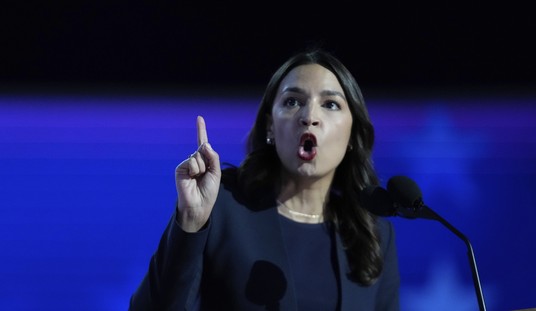Well, look at this. “Independently audited finances” of US Soccer show that members of the US Women’s National Team were actually paid MORE than members of the US Men’s National Team over the past 10 years:
Just in: @ussoccer President Carlos Cordeiro has sent out an open letter to USSF sponsors/partners/members/supporters/etc addressing the recent reports regarding the pay gap between USMNT & USWNT players – & presenting findings from analyzing 10 years of its own financial reports
— Ian Thomas (@byIanThomas) July 29, 2019
Cordeiro: "As you’ll see—separate and apart from any prize money awarded by FIFA—U.S. Soccer has, over the past decade, paid our WNT more than our MNT in salaries and game bonuses, and we continue to make unprecedented investments in our women’s program." https://t.co/5cMKYl7BaM
— Ian Thomas (@byIanThomas) July 29, 2019
Here’s the letter:
You can read the whole letter, now posted on the USSF site. here: https://t.co/5eI0gTFaiQ
— Ian Thomas (@byIanThomas) July 29, 2019
Money quote:
As you’ll see—separate and apart from any prize money awarded by FIFA—U.S. Soccer has, over the past decade, paid our Women’s National Team more than our Men’s National Team in salaries and game bonuses, and we continue to make unprecedented investments in our women’s program.
Recommended
Note: The women made more money while the men generated more revenue:
Interesting data here: US women’s soccer players were paid more than the men over the past decade despite the fact that the revenue they produced was half as much as the men and their games actually lost money. https://t.co/dO7du8HMO7
— Clay Travis (@ClayTravis) July 30, 2019
The women are arguing, however, that they should be paid the same as the men would have been if the men had won the World Cup, but that doesn’t really make a lot of sense because the revenues generated by the men’s cup are much higher. Also complicated the analysis is the structural difference between the contracts: Women have more guarantees while the men have performance-based compensation:
USSF's analysis is based upon what it actually paid and USWNT players' argument is based on what they could have been paid under the men's deal for winning the World Cup. A better measure, however, is probably the discounted present value of each deal when it was signed 1/ https://t.co/grdRiAnGoW
— Steven Bank (@ProfBank) July 29, 2019
The key issue, then, is determining the discount rate. Partly, it's a function of the rate of inflation, which would be the same for each team. Partly, though, it's a function of the odds of reaching each bonus, which is different for each team, but difficult to calculate 2/
— Steven Bank (@ProfBank) July 29, 2019
Further complicating things is that it's difficult to calculate a per player expected value for men b/c the pool of players that can be called in may change over a WC cycle. Women can be dropped too, but the guaranteed players + severance pay provides more stability 4/
— Steven Bank (@ProfBank) July 29, 2019
All of this is a long way of saying that a valuation analysis of the respective pay for the USMNT and USWNT is a lot more complicated than either side is portraying in its public discussion of the issue 5/5
— Steven Bank (@ProfBank) July 29, 2019
***
























Join the conversation as a VIP Member